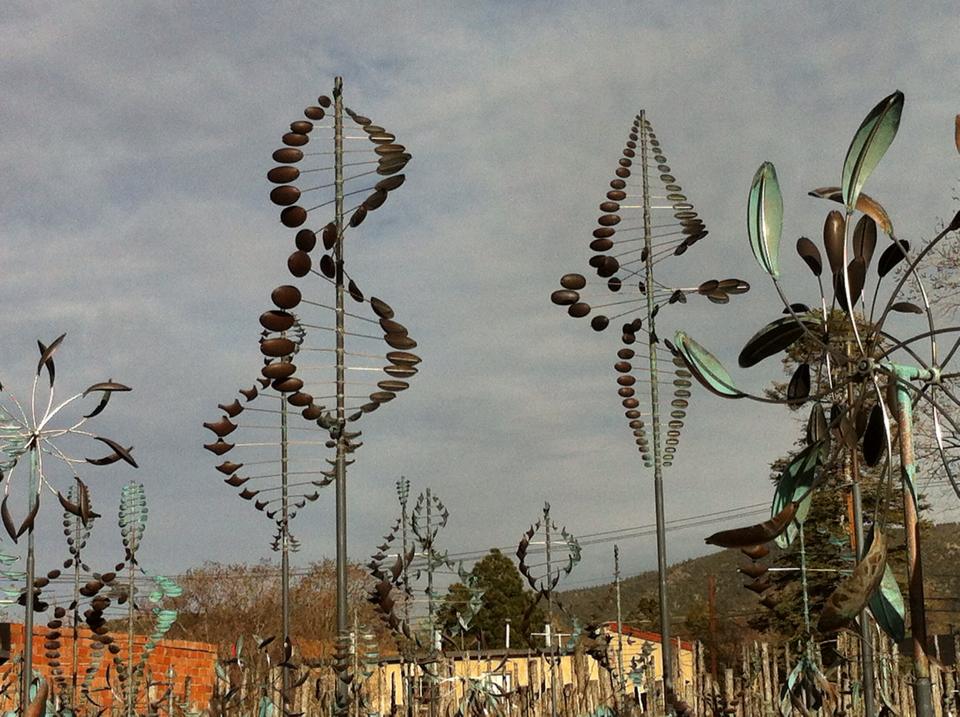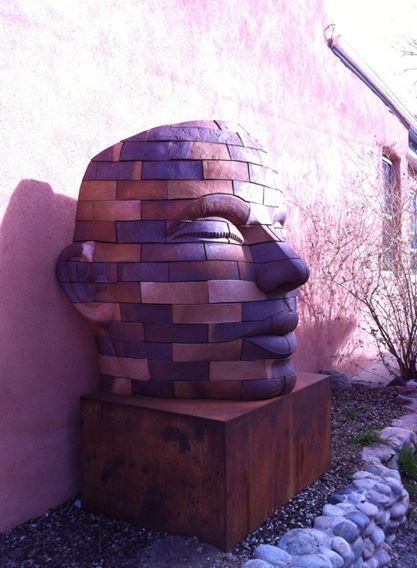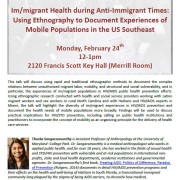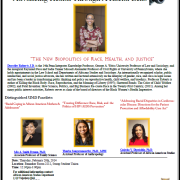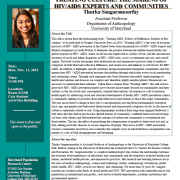This talk is my first speaking engagement at the University of Maryland about “Treating AIDS.” It is part of the Maryland Population Research Center’s Fall 2013 Seminar Series held on Monday, November 11, 2013.
Taken from a chapter from “Treating AIDS,” this talk explores how HIV / AIDS prevention experts have become increasingly focused on communities and their cultures as the site of risk and, consequently, targeted interventions. In response to calls to promote health equity by addressing social and structural determinants of health, HIV/AIDS prevention science is continually shifting its priorities from individual-level interventions to those that target communities. This has necessitated a change in how risk is conceptualized, moving from predominantly biological (race, age, and gender) and behavioral (heterosexual and homosexual) categories of risk, to discourses of culture as inherently related to risk. Using ethnographic evidence from long-term engaged fieldwork, I demonstrate that this shift in practice has diluted notions of community, conflated behavioral and biological traits with culture, and reformulated the concepts of culture and community as essentialized and fixed entities. This has the effect of naturalizing the categorization of people by behavioral risk and, in turn, linking particular diseases to social categories of people. This move in HIV/AIDS prevention toward a community-level focus also overlooks the complex ways in which Haitians conceptualize community as a site of both disengagement and belonging.


